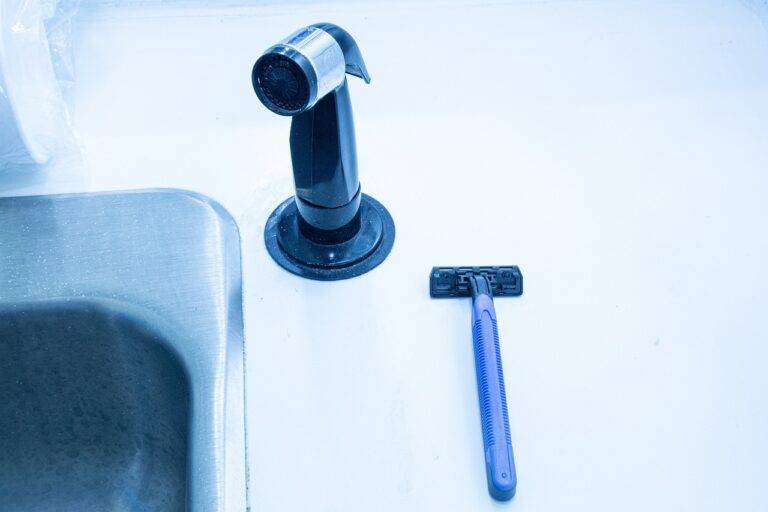The Benefits of Composting for Sustainable Home Living
Composting is a vital practice for sustainable home living. By diverting organic waste from landfills and turning it into nutrient-rich compost, households can significantly reduce their environmental impact. This process not only minimizes the amount of waste sent to already overflowing landfills but also helps in the reduction of harmful greenhouse gas emissions, contributing to a healthier planet.
Furthermore, composting at home provides an opportunity to enrich soil quality and promote healthier plant growth. Compost acts as a natural fertilizer, supplying essential nutrients to the soil and improving its structure. By incorporating compost into gardening practices, homeowners can reduce the need for chemical fertilizers, pesticides, and water, thus creating a more sustainable and eco-friendly garden environment.
Reducing Landfill Waste Through Composting
Composting at home is a simple yet powerful way to divert organic waste from ending up in landfills. By turning food scraps, yard clippings, and other compostable materials into nutrient-rich soil, we can significantly reduce the amount of trash that goes to waste sites. Organic matter that decomposes in a landfill produces harmful greenhouse gases like methane, contributing to environmental problems. Composting helps break down these materials naturally, preventing the release of these gases into the atmosphere.
When organic waste is composted, it creates a valuable resource that can be used to enrich soil and promote plant growth. Instead of throwing away kitchen scraps and yard trimmings, we can utilize them to create a sustainable cycle of nutrient recycling. By incorporating compost into gardens, lawns, and plant beds, we can improve soil structure and fertility, reducing the need for chemical fertilizers. Composting not only benefits the environment by diverting waste from landfills but also enhances the health of our soil and plants, creating a more sustainable way of living.
Improving Soil Quality with Compost
Compost is a valuable resource that can greatly enhance the quality of soil in gardens and yards. When organic materials decompose, they create a nutrient-rich soil conditioner that can improve soil structure, water retention, and aeration. By incorporating compost into the soil, gardeners can promote healthier plant growth and increase the overall productivity of their gardens.
In addition to providing essential nutrients to plants, compost also helps to balance soil pH levels, making it more conducive to plant growth. This natural fertilizer can also aid in suppressing plant diseases and pests, reducing the need for harmful chemical pesticides. By utilizing compost in gardening practices, individuals can create a sustainable ecosystem that benefits both plants and the environment.
What is composting?
Composting is a natural process that turns organic materials like kitchen scraps and yard waste into a nutrient-rich soil amendment.
How does composting improve soil quality?
Compost adds essential nutrients to the soil, improves soil structure, increases water retention, and encourages beneficial microbial activity.
Can composting help reduce landfill waste?
Yes, composting diverts organic materials from landfills, where they would otherwise contribute to methane emissions and take up valuable space.
What can be composted?
Fruit and vegetable scraps, coffee grounds, eggshells, yard waste like grass clippings and leaves, and even some paper products can all be composted.
How long does it take for compost to be ready for use in the garden?
The time it takes for compost to fully decompose and be ready for use can vary, but it usually takes anywhere from a few months to a year.
Do I need a special bin or container for composting?
While a dedicated compost bin can make the process easier, you can also compost in a pile or trench in your backyard. Just make sure to turn the compost regularly and keep it moist.
Can I use compost in potted plants or indoor gardens?
Yes, compost can be used in potted plants and indoor gardens to provide a boost of nutrients and improve soil quality. Just make sure to mix it in with the existing soil.





